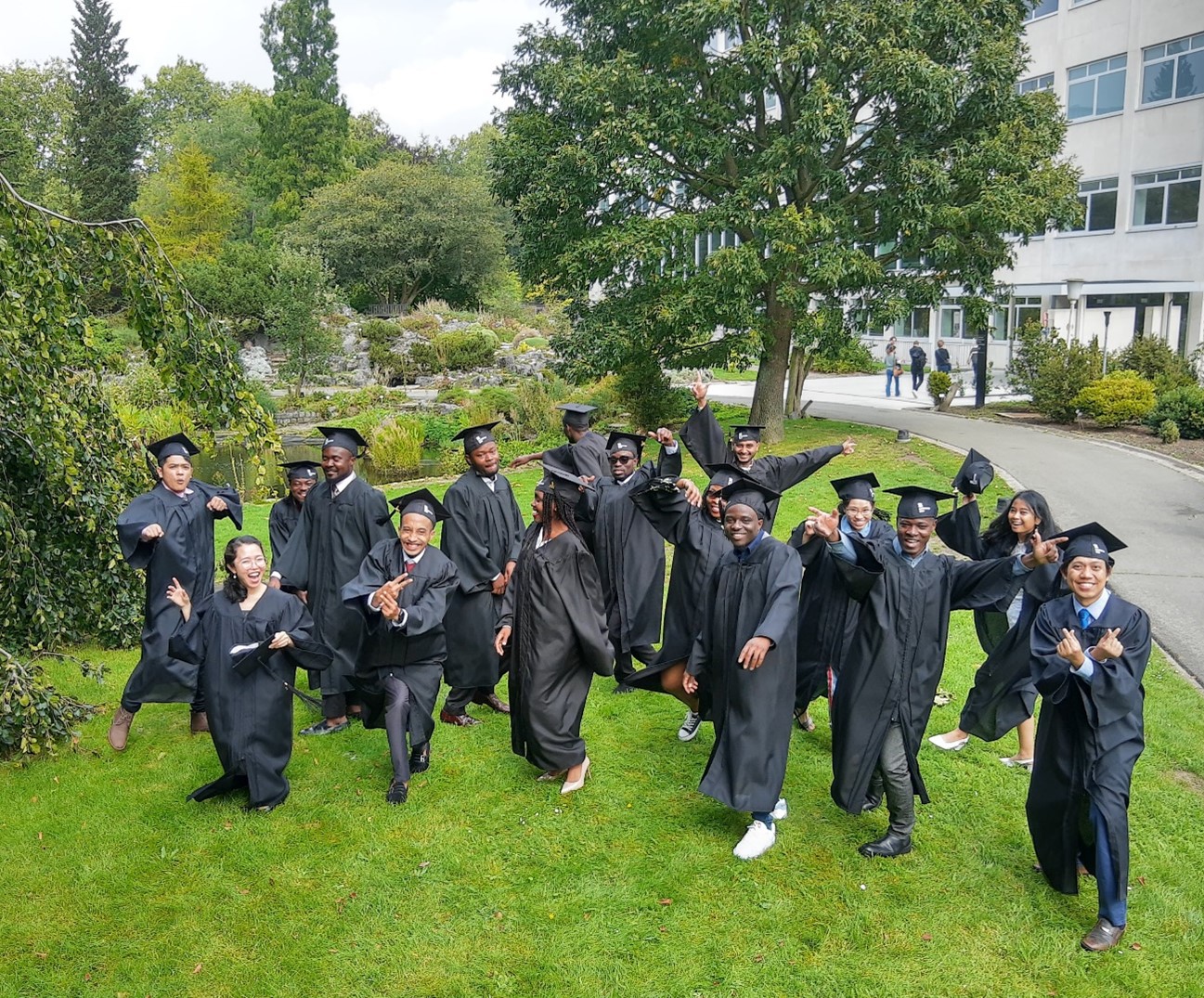Our website uses cookies to improve your experience. To make optimal use of this website please agree to our cookie policy.
ICP Connect 2025
ICP Connect 2025 - Phase 1 - Stage 1
Starting
27/04/2023
Period
5 activity years
Deadline
13/10/2023

Starting
27/04/2023
Period
5 activity years
Deadline
13/10/2023
ICP Connect projects are:
✔️ accredited international study programmes;
✔️ taught in English and;
✔️ organised at one or more Flemish HEIs;
✔️ focusing on subjects that align with the Agenda 2030 and SDG principles.

An online information session took place on 4 May 2023. During this session, we presented the call and the application modalities.
1. ICP Connect 2025 Information Session - Basic info and formats
ICP Connect projects aim to more systematically integrate global perspectives and strengthen partnership and network dimensions into existing educational programmes. This implies a strategy that aims to spur the internationalization and networking of the programme by:
Through educational networks (ICP Connect), and scholarships HEIs aim to systematically integrate global perspectives. In doing so, they create a supportive, inclusive and networked learning environment in which individual scholars, professionals and academics acquire transversal skills and state-of-the-art knowledge on sustainable development. This enables them to become experts and critical global citizens, motivated to act as change agents in their network.
Affiliation of the promoter
When submitting a project proposal, a promoter must meet both the internal criteria and regulations as to project promotership of their institution and the minimum conditions set by VLIR-UOS.
For the Flemish universities (1):
For the Flemish universities of applied sciences and arts (2):
Additional criteria:
[1] ZAP: Zelfstandig Academisch Personeel (Independent Academic Personnel)
[2] ATP: Administratief en technisch personeel (Administrative and Technical Personnel)
Partnerships with institutions from the partner country list:
A partner institution should be a higher education or science institution located in one of our 17 project partner countries: Benin, Bolivia, Burundi, Cuba, DR Congo, Ecuador, Ethiopia, Indonesia, Kenya, Morocco, Peru, Philippines, Rwanda, South Africa, Tanzania, Uganda, Vietnam
This list of possible network partners' countries should be considered when creating the ICP Connect project strategy.
Scholarships for students from the scholarship country list:
The scholarships aim to facilitate the participation of attendants coming from the VLIR-UOS scholarship country list. A reasonable cross-section of scholars from different countries and regions is targeted, provided there are sufficient qualified candidates. In the case of equally qualified candidates, preference will be given to candidates from vulnerable groups (Leave No One Behind). A balance 40%- 60% gender ratio as an overall guideline between male and female candidates awarded ICP Connect scholarships is targeted.
This list of potential scholars' countries should be considered when creating the ICP Connect project strategy.
Selection is valid for a five-year period, with conditional renewal for another five-year term.
The project budget amounts to a maximum yearly budget of:
with flexibility in budgeting over the 5 years, starting from the respective maximum of €750,000, € 625,000, € 500,000.
One-time bonus for inter-institutional programmes: a complementary budget of 20,000 EUR
The scholarship budget amounts to a maximum yearly intake of:
2 x 5 years - maximum of 10 years in total.
Phase 1 focuses on the exploration and development and implementation of the ICP Connect strategy. Phase 2 focuses on consolidation, valorisation and sustaining the network.
Projects can move to Phase 2 on the condition of good performance, as will be assessed during a mid-term evaluation and on the basis of the assessment of a Phase 2 project proposal.
Project submission in two stages:
.jpg)
Who? An application involves a Flemish promoter. The Flemish promoter, both from a Flemish university or Flemish university of applied sciences & arts, submits the application to the Institutional Coordinators for Development Cooperation (ICOS) of the Flemish university (association) for quality control. The ICOS will grant access to the submission tool to the promoter, and validate and submit the proposal to VLIR-UOS.
How? Project applications are submitted via the VLIR-UOS online submission tool.
Deadline for submission 13 October 2023 at 17:00hrs.
We organised an online training on the tool for submitting your proposal.
You can find the recording in the video manual library.
All project proposals will be assessed by the VLIR-UOS Selection Commission for ICP Connect/ITP based on four standard selection criteria: Relevance and coherence of the project; Quality of the project design; Implementation set-up of the project; Potential impact and sustainability.
Since ICP Connect projects emerge from accredited study programmes, the emphasis is on the strategy to delocalize study material to local partners and to establish an international network.
Selected projects will be able to start as of 1 September 2025. The communication campaign for scholarships for the academic year 2024-2025 can be launched from June 2024 onwards.